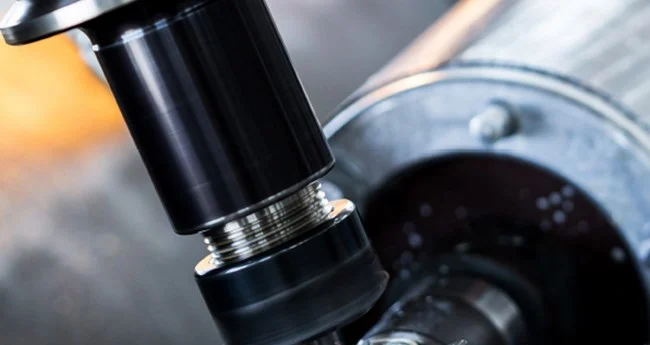Duff Norton actuators are mechanical devices used to convert rotary motion into linear motion, making them an essential component of many industrial applications. In this guide, we will explore the key features of Duff Norton linear actuators and how they work.
Introduction
Duff Norton is a leading manufacturer of linear actuators that are widely used in various industrial applications. Their actuators are designed to deliver high levels of precision, reliability, and durability. They are used in a wide range of industries, including manufacturing, construction, automotive, and aerospace.
Understanding the Basics
Duff Norton linear actuator are devices that produce linear motion from rotary motion. They are made up of several components, including a motor, a gearbox, a lead screw, and a nut. The motor generates rotational energy that is transferred to the gearbox. The gearbox converts the rotational energy into linear energy, which is transmitted to the lead screw. The lead screw then moves the nut, producing linear motion.
Advantages
Duff Norton linear actuators offer several advantages over other types of actuators. Firstly, they are highly precise, meaning that they can be used in applications where accuracy is essential. Secondly, they are very reliable, with a long lifespan and low maintenance requirements.
Thirdly, they are very versatile and can be used in a wide range of industrial applications.
Applications
Duff Norton linear actuators are used in many different applications, including robotics, automation, packaging machinery, medical equipment, and aerospace. They are particularly useful in applications where precise and reliable linear motion is required, such as in surgical equipment and industrial automation.
Selecting the Right Actuator
When selecting a Duff Norton linear actuator, it is essential to consider several factors, such as the load capacity, speed, and stroke length. The load capacity refers to the maximum amount of weight that the actuator can handle, while the stroke length refers to the maximum distance that the actuator can travel. The speed of the actuator is also an important consideration, as it determines how quickly it can move.
Types of Duff Norton Linear Actuators
Duff Norton offers a variety of linear actuator types to suit different applications. Some examples include:
- ACME Screw Actuators: These actuators use a screw and nut mechanism to generate linear motion. They are commonly used in industrial applications where a high degree of accuracy is required.
- Ball Screw Actuators: These actuators use ball bearings to reduce friction and improve efficiency. They are often used in applications that require high speed and precision, such as CNC machines.
- Electric Cylinders: These actuators are designed to replace hydraulic or pneumatic cylinders in applications that require high force and precision. They are often used in material handling and factory automation.
Maintenance
Like any mechanical device, Duff Norton linear actuators require maintenance to ensure that they continue to function correctly. Regular maintenance includes lubricating the lead screw and nut, checking for wear and tear, and replacing any damaged parts. It is also important to follow the manufacturer’s recommendations regarding maintenance intervals and procedures.
Duff Norton linear actuators are essential components of many industrial applications, offering precise and reliable linear motion. Understanding the key features of these devices and their applications can help businesses to select the right actuator for their needs and ensure that they continue to function correctly through regular maintenance.

